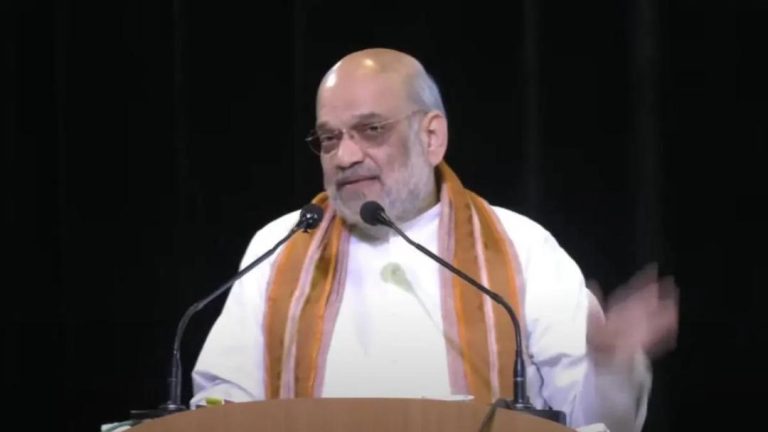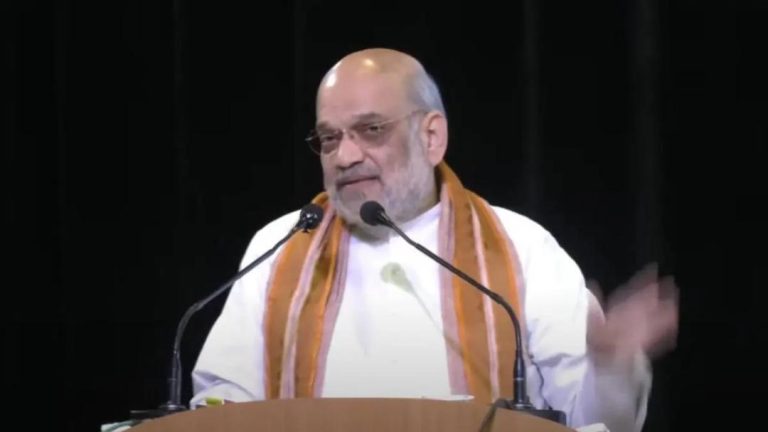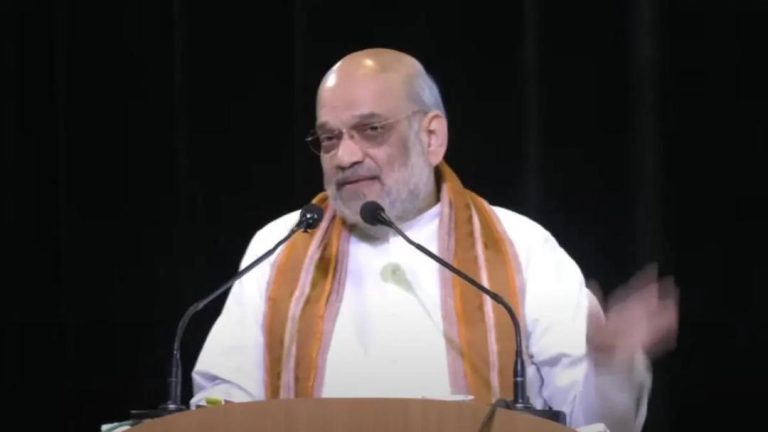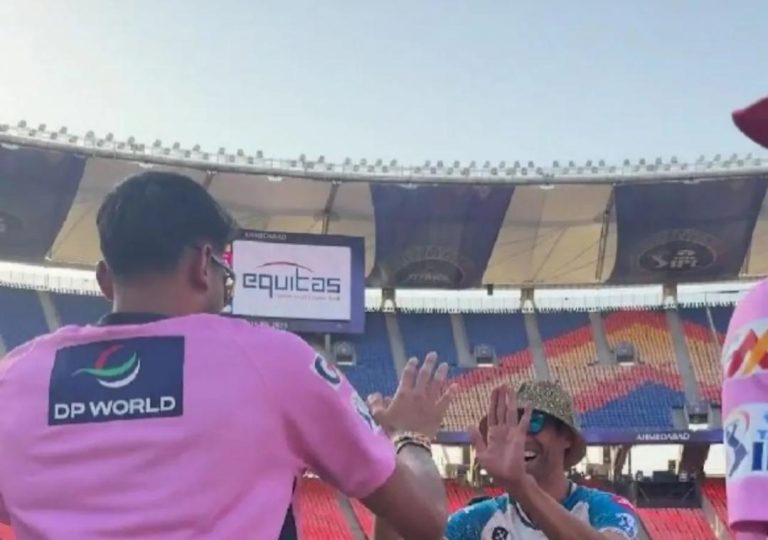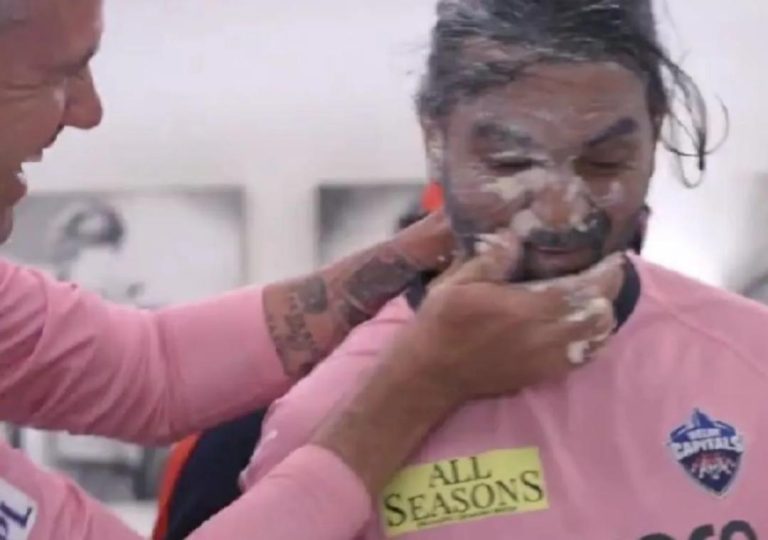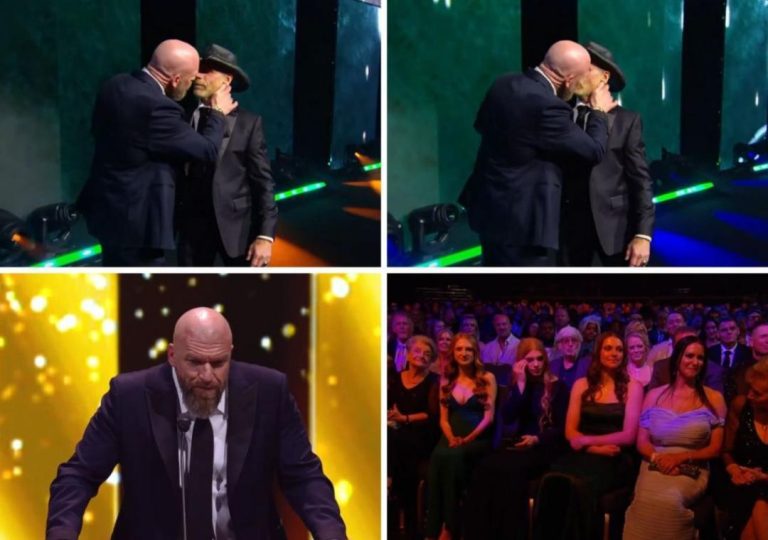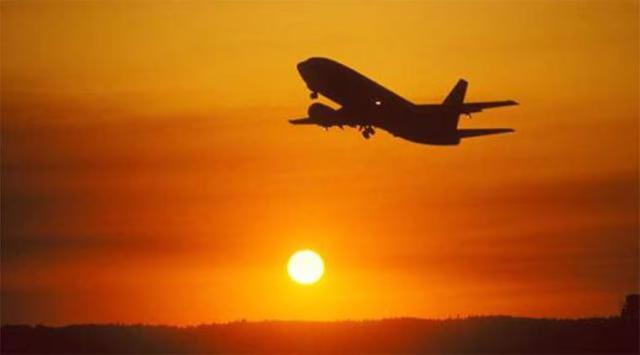
Class 12 Physics & Math Requirement for Becoming Commercial Pilot Might be Scrapped: Report
The world of aviation is abuzz with a significant development that could bring about a paradigm shift in the requirements for becoming a commercial pilot in India. According to a recent report, the Directorate General of Civil Aviation (DGCA) is planning to scrap the current rule that demands students to have studied Physics and Math in Class 12 to be eligible for commercial pilot licence training. This move, if implemented, would mean that Arts and Commerce students could also pursue a career in commercial piloting.
In India, commercial pilot training has been restricted to Science and Math students since the mid-1990s. This long-standing rule has been a major deterrent for many students who are interested in pursuing a career in aviation but do not have a background in Physics and Math. However, with the DGCA considering a change in the rules, a new avenue of opportunities may be opening up for students from diverse academic backgrounds.
The DGCA’s decision to scrap the Physics and Math requirement for commercial pilot training is based on the fact that these subjects are not necessarily essential for flying an aircraft. According to experts, the skills required to become a commercial pilot are more related to communication, leadership, and decision-making abilities, which can be developed through training and experience.
Furthermore, the DGCA has also been considering the growing need for more pilots in the aviation industry. With the number of air passengers increasing rapidly, airlines are facing a severe shortage of pilots. Scrapping the Physics and Math requirement could potentially increase the pool of eligible candidates, addressing the shortage of pilots in the industry.
The move has been welcomed by many in the aviation industry, who believe that it would be a positive step towards making the profession more inclusive. “The DGCA’s decision to scrap the Physics and Math requirement would be a game-changer for students who have been interested in pursuing a career in aviation but did not have the necessary academic background,” said a spokesperson for the Federation of Indian Pilots. “It would also help to address the shortage of pilots in the industry, which is a major concern for airlines at present.”
However, not everyone is in favor of the proposed change. Some experts have expressed concerns about the potential impact on the quality of pilots. “While it is true that Physics and Math are not essential for flying an aircraft, these subjects do provide a strong foundation for understanding the technical aspects of aviation,” said a former DGCA official. ” Scrapping the requirement could potentially lead to a decline in the quality of pilots, which could have serious consequences for aviation safety.”
The DGCA is expected to make a final decision on the proposal in the coming months. If approved, the new rule would likely come into effect from next year, allowing Arts and Commerce students to pursue a career in commercial piloting.
In conclusion, the proposed change in the Physics and Math requirement for commercial pilot training is a significant development that could have far-reaching implications for the aviation industry in India. While it is essential to address the shortage of pilots in the industry, it is also crucial to ensure that the quality of pilots is not compromised. As the DGCA deliberates on the proposal, it is hoped that a balanced approach will be taken, one that balances the need for inclusivity with the need for safety.
News Source:
